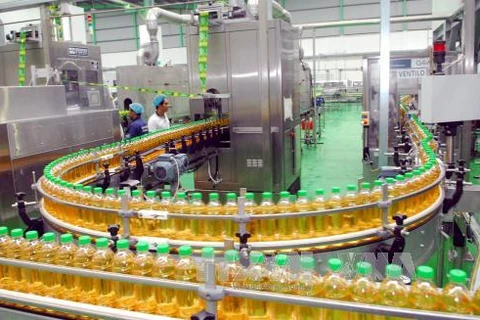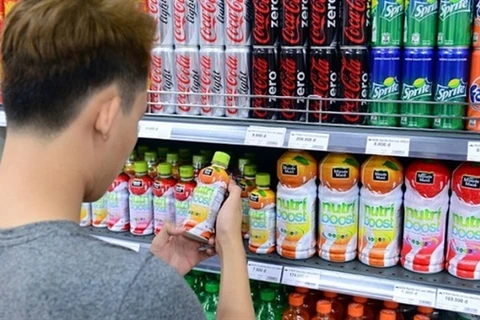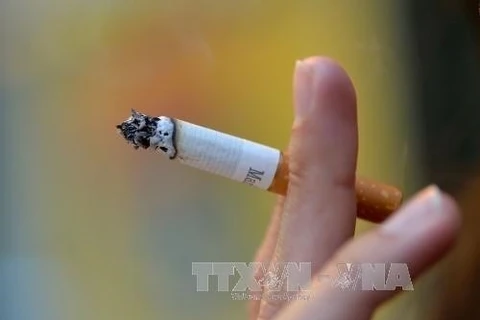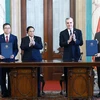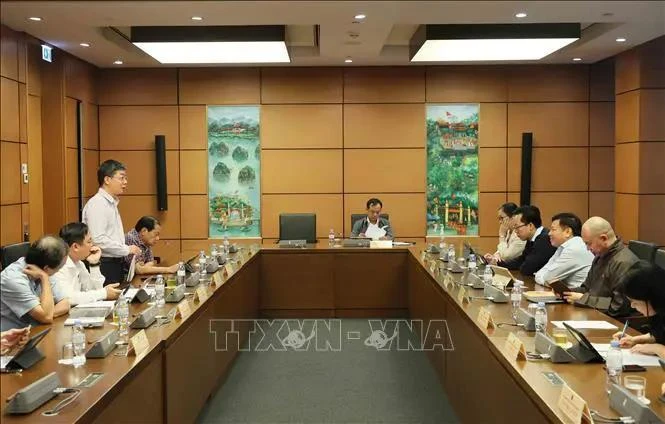
Hanoi (VNA) – National Assembly (NA) deputies on November 22 morning discussed in groups the draft amended Law on Corporate Income Tax and the draft amended Law on Special Consumption Tax as part of the ongoing second phase of the 15th National Assembly’s 8th session.
At the discussion on the Law on Special Consumption Tax, a majority of deputies agreed to add beverages with a sugar content above 5 grams per 100ml that meet Vietnamese standards subject to the special consumption tax.
Some asked for clearer explanation of how this policy will help achieve health protection goals, relevant international experiences and a thorough assessment of its impact on consumer rights.
Deputy Duong Van Phuoc from the central province of Quang Nam said that local businesses and residents complained that Vietnam is imposing many taxes, and some products are subject to high tax rates. Taxing generates revenue for the State budget but creates difficulties for taxpayers.
Regarding the proposed special consumption tax on alcohol and beer, Deputy Tran Thi Hien from the northern province of Ha Nam said that under the Ministry of Finance’s proposal, alcohol with an alcoholic content of 20% and above and beer will see tax rates increase progressively starting in 2026, reaching up to 100% by 2030. Similarly, alcohol below 20% would be taxed at 70% by 2030.
She said the proposal focuses heavily on the method of calculating the special consumption tax and is mostly based on the World Health Organisation’s recommendation.
According to Hien, the proposal needs to have more analyzed impacts of the policy, especially those on other sectors and the whole economy.
She emphasised the need to place the alcoholic beverage industry within the supply chain and overall value chain of the economy to evaluate its impacts comprehensively. The alcohol and beer industry are directly related to supporting sectors such as packaging, logistics, and are indirectly connected to the tourism and food industries.
Deputies also said a suitable schedule for increasing special consumption taxes over the next three to five years for certain specific items is needed to avoid significant impacts on businesses.
Regarding the current tax rate for tobacco products, deputy Dang Bich Ngoc from the northern province of Hoa Binh agreed to maintain the tax rate at 75% as sudden increases can adversely affect businesses in this sector as well as their supporting industries.
She said more research and review is needed to ensure that the implementation of the tax policy will add revenue to the State budget and encourage businesses to gradually transition the production and processing of tobacco materials in the coming period./.
